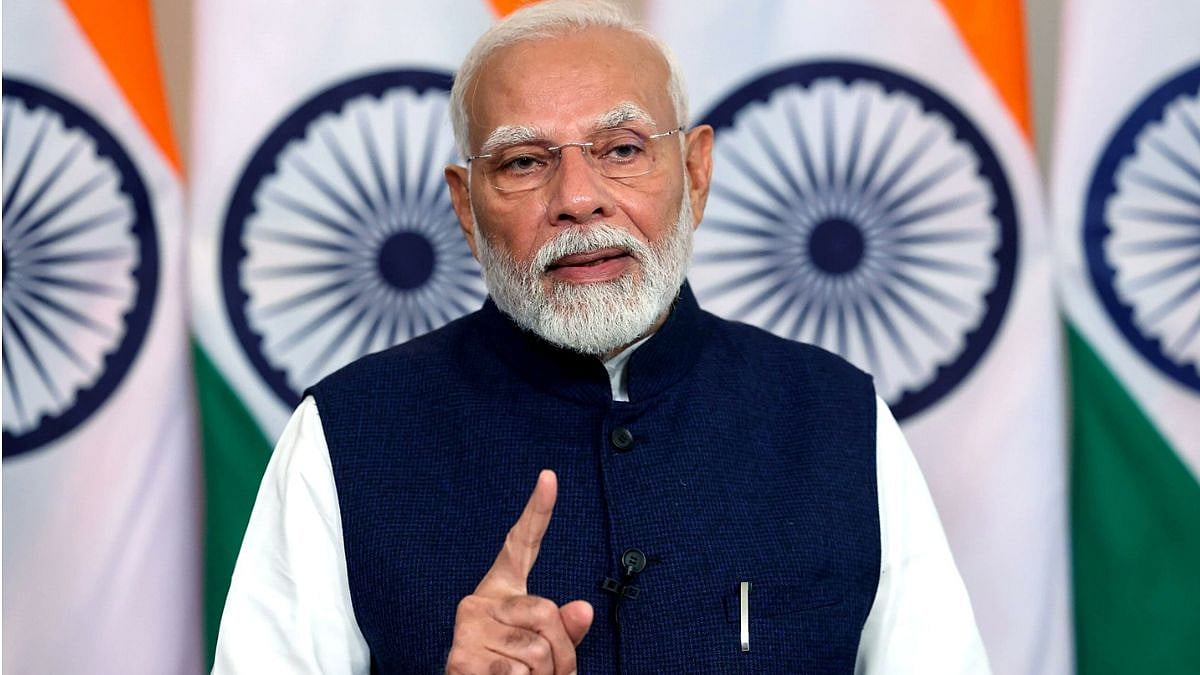The World Happiness Report 2025 has once again shed light on how nations across the globe measure their well-being and quality of life. Compiled by the Wellbeing Research Centre at the University of Oxford, in partnership with Gallup and the UN Sustainable Development Solutions Network (UN SDSN), this annual report evaluates happiness based on six key factors-GDP per capita, healthy life expectancy, social support, freedom to make life choices, generosity, and perceptions of corruption.
Finland reigns supreme for the eighth year
For the eighth consecutive year, Finland has been crowned the happiest country in the world, thanks to its exceptional social trust, strong community ties, and well-established welfare system. Finns benefit from a high standard of living, minimal corruption, and a strong sense of equality- factors that collectively nurture a stable, content society.
Denmark and Iceland follow close behind
Denmark continues to hold the second position, reflecting its deep-rooted values of equality, social cohesion, and life balance. Citizens enjoy access to free healthcare and education, alongside active civic engagement.
Meanwhile, Iceland secures the third spot, with its tight-knit communities, breathtaking natural landscapes, and robust gender equality driving an impressive sense of collective well-being.
Sweden and the Netherlands round out the Top Five
In fourth place, Sweden stands out for its progressive policies, gender equality initiatives, and strong work-life balance culture. The Nordic nation also invests heavily in mental health support and sustainability.
The Netherlands, ranking fifth, continues to champion education quality, mental health awareness, and open-minded social attitudes, reinforcing its reputation as one of Europe’s most livable nations.
Costa Rica leads Latin America
Breaking the European dominance, Costa Rica secures the sixth position and remains Latin America’s happiest nation. The country’s commitment to peace, sustainability, and environmental protection plays a central role in its national happiness-all achieved without maintaining a standing army.
Norway, Israel, and Luxembourg maintain strong positions
Norway takes seventh place, propelled by equitable wealth distribution, environmental consciousness, and trust in governance.
Israel ranks eighth, maintaining resilience and optimism even amid regional and economic challenges, underscoring the strength of its social bonds and cultural identity.
In ninth place, Luxembourg offers a mix of economic prosperity, safety, and high living standards, making it one of the smallest yet happiest nations on the list.
A notable highlight in the 2025 rankings is Mexico’s debut in the top 10 happiest countries, claiming the tenth spot. Despite facing economic hurdles, Mexicans report high levels of happiness due to strong family ties, cultural richness, and deep-rooted community connections. The country’s emphasis on social relationships and national pride continues to uplift collective well-being.









